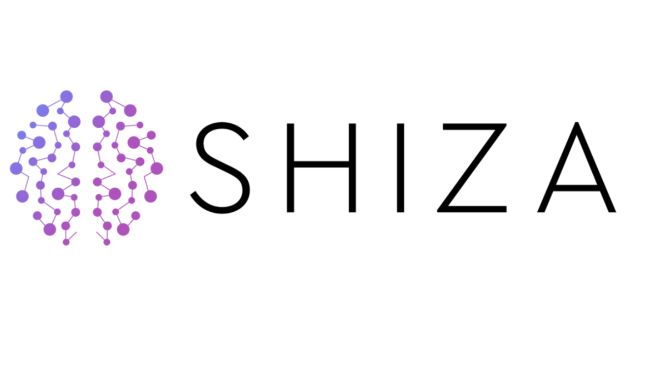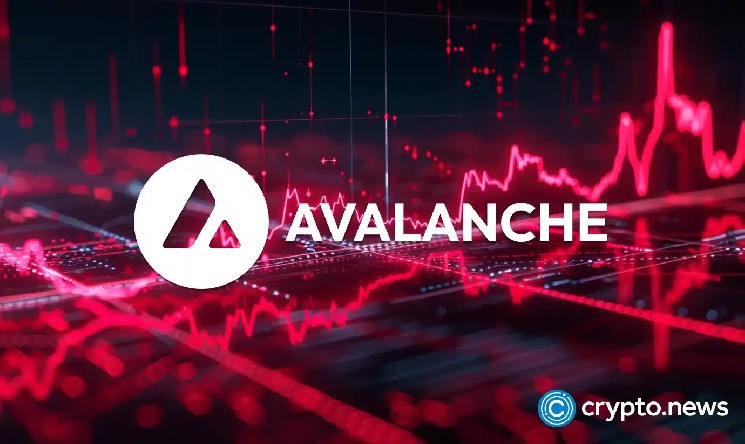- SHIZA, focused on AI and Web3, announced the launch of the “SHIZA Developer” beta version.
- The current AI landscape is in rapid evolution.
- They are looking to reach all technical profiles to create customized workflows with AI agents.
SHIZA (Shared Human Intellect Zonal Agents), focused on AI and Web3, announced the launch of the open beta version of “SHIZA Developer”, a platform with which they intend to offer creators of all technical profiles to create customized workflows with AI agents.
According to SHIZA’s perspective, the current AI landscape is rapidly evolving, and therefore concerns about job displacement have grown. This challenge is addressed by empowering people to become active participants in the AI economy rather than passive observers.
Syed Hussain, founder and CEO of SHIZA has stated that before you can master and own AI you need to be able to “build it.”
“We are shifting the AI narrative from fear to agency, enabling individuals to shape and actively participate in the AI-driven future, ushering in the era of personal AI ownership,” Hussain commented.
In this context, they explain that SHIZA Developer has been built on an LLM-agnostic architecture with which to extend the accessibility of AI creation with its drag-and-drop, low/no-code, drag-and-drop interface, allowing users to easily build, deploy and own their AI agents with little or no programming experience.
SHIZA also said that future plans include the launch of the SHIZA Companion consumer app, a prototype development that will serve as a control panel for users to interact with SHIZA. According to the company, for the time being, the goal is for SHIZA Developer to intelligently route tasks through multiple language models, while the intuitive drag-and-drop interface allows for ease of use and customization for individuals.
“In the SHIZA ecosystem, users can create their own personalized knowledge stores, called Intellects, that represent their unique thinking patterns and problem-solving approaches. These Intellects are not static archives or databases, but dynamic assets that can soon be traded in the future knowledge-as-a-service marketplace, where people retain full ownership of their intellectual contributions while participating in a vibrant knowledge economy,” they noted.
Finally, it should be noted that AI experts have pointed out that despite the staggering growth in the percentage of AI investment within venture capital over the past two years, by 2025 investment within the sector is expected to increase, although not enormously because the base is already quite broad.















Leave a Reply